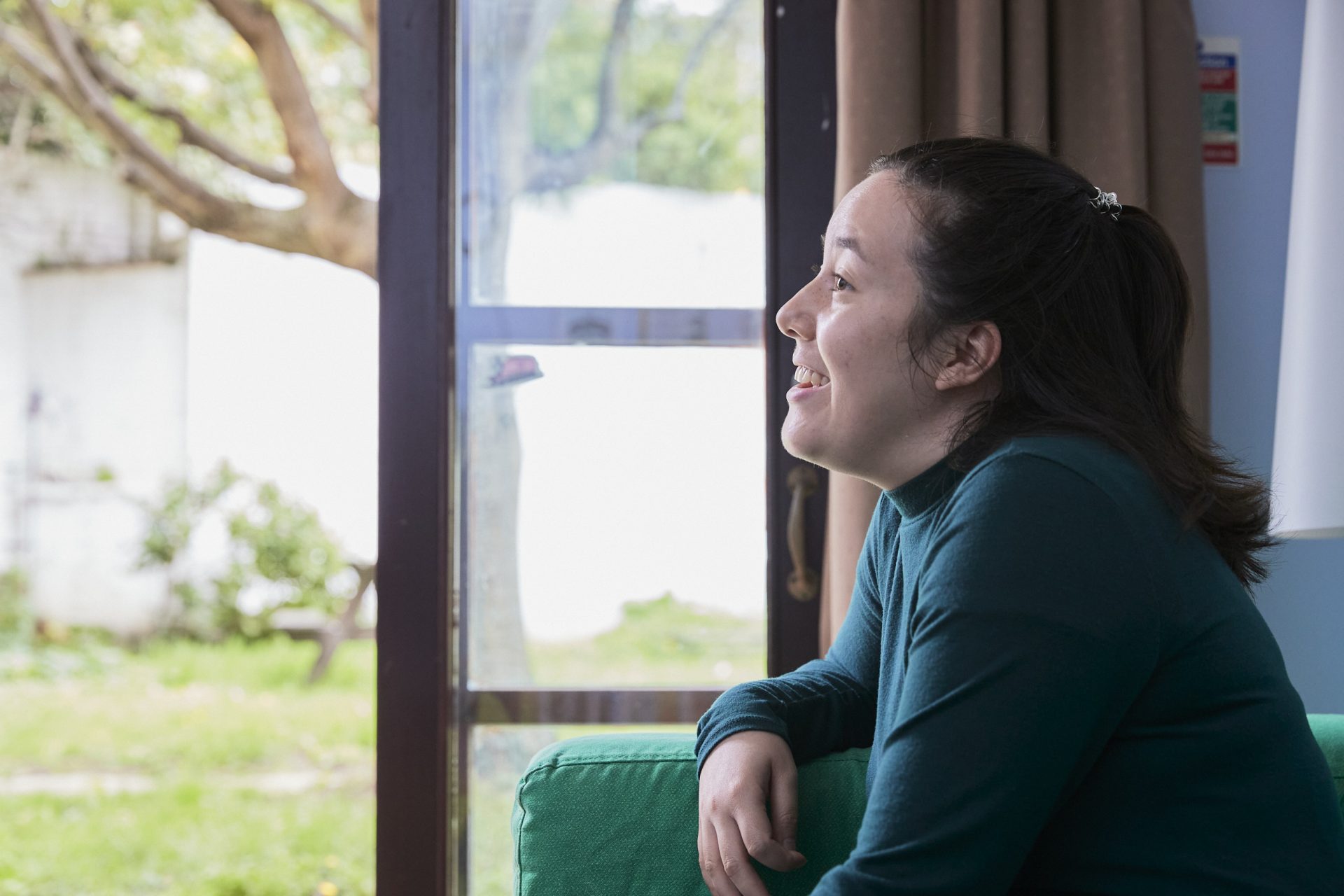Our commitment to non-UK nationals experiencing homelessness
The deadline for applying for settled status from the European Union Settlement Scheme has now passed, but with non-UK nationals making up half of people spotted sleeping rough, we must support vulnerable people away from street homelessness, regardless of where they come from.

Thames Reach will not normally withdraw a service from individuals because they do not have recourse to public funds. However, most of our residential services require residents to pay rent and service charge, the majority of which is normally paid through benefits, and non-payment of these charges will jeopardise the future of the service. This means that we cannot routinely provide accommodation to people without recourse in most of our residential schemes.
In the case of vulnerable people, and those experiencing homelessness, who do not have recourse to public funds, we will seek to provide accurate advice, assistance and support, including advice and support around employment. We recognise that in many cases this support will include referral to a qualified specialist provider of immigration legal advice, as at Thames Reach we are not qualified to provide this advice internally.
Where users of residential services are responsible for rent and charges, they will need to be able to demonstrate how they will be able to pay before they move in. We will continue to advocate for a range of emergency provisions that will allow people who are sleeping rough, who do not have the means to pay for accommodation, access to short term shelter; this will allow more sufficient time to more effectively resolve their homelessness. During their time in this short-term accommodation, we can also provide support from different teams within Thames Reach and our partners, whether this is to resolve their immigration status, find employment, or voluntary reconnection to an appropriate country. This short-term accommodation could be specialist shelter accommodation, safe spaces in existing hostels, or other appropriate settings. Access to this accommodation is limited and we will prioritise access on the basis of vulnerability in conjunction with commissioning authorities.
Where people who are living in Thames Reach-managed accommodation lose entitlement to support through public funds they will normally begin to accrue arrears. When this occurs, managers are asked to look at each case on its own merits, looking particularly at the vulnerability and needs of the individual. Options should include the use of local authority support, advice and support to access more appropriate accommodation, and referrals to specialist agencies and other charities, and welfare funding to support these courses of action.
Thames Reach are committed to providing support to non-UK nationals facing street homelessness in London. We will continue to publicly highlight particular challenges faced by vulnerable people and those experiencing homelessness, who do not have recourse to public funds.

